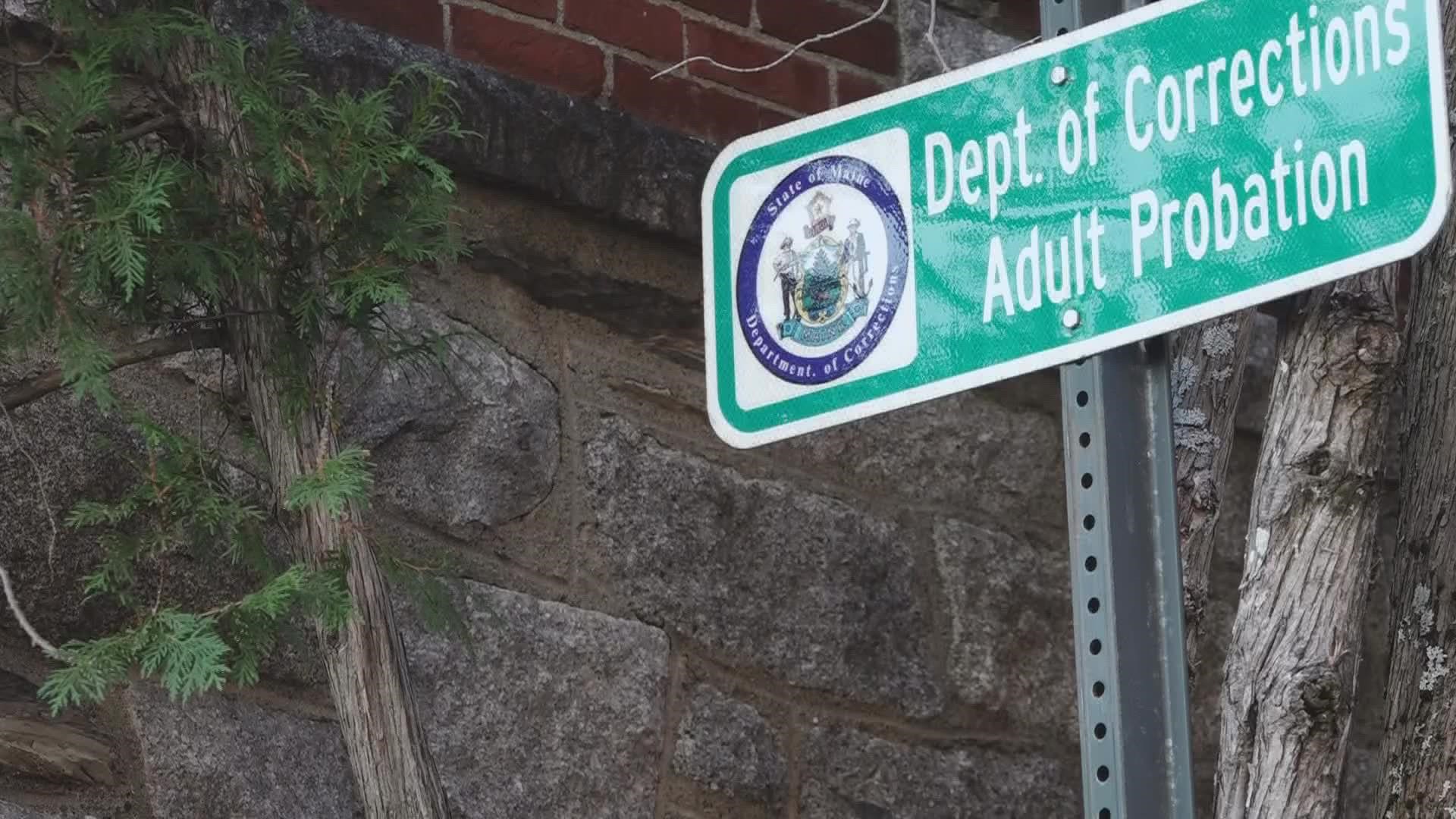BANGOR, Maine — The Maine Department of Corrections opened the Leading the Way Transitional Living Residence on Hogan Road in August. Organizers hope to provide a safe living program for formerly incarcerated men to help them get back on their feet upon release.
The residence is like a dormitory where people can walk in and out without limitations. All of the current five residents have jobs and are looking for stable and affordable housing options to transition into.
"Stability and housing is a significant risk factor for everybody involved in the criminal justice system," said Jodie Johnson, the regional correctional manager for the Leading the Way Transitional Living Residence.
Johnson said qualifying people who have been behind bars can stay at the residence for up to six months, for free.
"The first qualifier is homelessness. You have to be on probation or under supervision in some way in the community," she said.
Isaac Masters was living at a homeless shelter when he was first released. He has now been living at the residence in Bangor for almost two months.
"I got in trouble. I am transitioning. I am learning a valuable lesson in life at a pretty old age, but they are all helping me here with my classes and my needs," said Masters.
Masters says when the residents are back at the house from their daily jobs, they all cook and clean for themselves, and contribute with chores to keep the place clean and homey.
"I'd probably be back in jail, being lost, nobody helping me, just being helpless and hopeless," Masters added.
Johnson said the residents are also required to put 25% of their earnings into a savings account. The residents can't touch that money until they need to put a deposit down on an apartment.
Johnson said the goal of that small nest egg is for the residents to get into the habit of saving money for rent and other important things. The challenge right now, though, is finding affordable housing options.
"There are so few apartments that are affordable. Section 8 housing lists are long, so we are finding it's very difficult to find housing," Johnson said.
Furthermore, Johnson said landlords may be hesitant to rent to people who have been involved with crime. She hopes they will be more open to giving opportunities to those who have gone through the residence, made improvements, and are trying to live peacefully within society.
"These folks deserve a chance to prove that they are making changes, and they've made leaps and bounds here, and all of the folks that are here, myself and my staff, would all be able to say they'd be a good tenant," said Johnson.
Only five men live in the residence now, but eventually it will house 12 to 14 men.
"All residents are either employed and/or completing intervention programming and participating with in-person and virtual life skills instruction while engaging with the robust recovery network in the Bangor area. The MDOC is enthusiastic about this early success of the program," said Anna Black, director of government affairs for the Maine Department of Corrections.
“This environment was the missing piece in our work with clients who need a normalized home environment in order to tackle what brought them into the justice system,” said Johnson. “For many people, what we’re asking isn’t easy: learned skills like holding down a job, staying healthy, saving money, engaging appropriately with loved ones, and looking for long-term housing. But these things are doable, and staff is here to help the men get through this part of their lives. We want each client to succeed.”
During the next few months, Johnson and her team will focus on building connections with landlords and housing organizations across the state. She hopes to break down the stigma associated with renting to correctionally involved populations.
“Stable housing helps keep people out of the system,” said Johnson.

